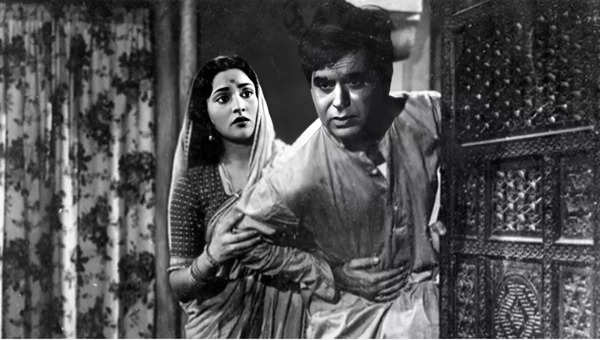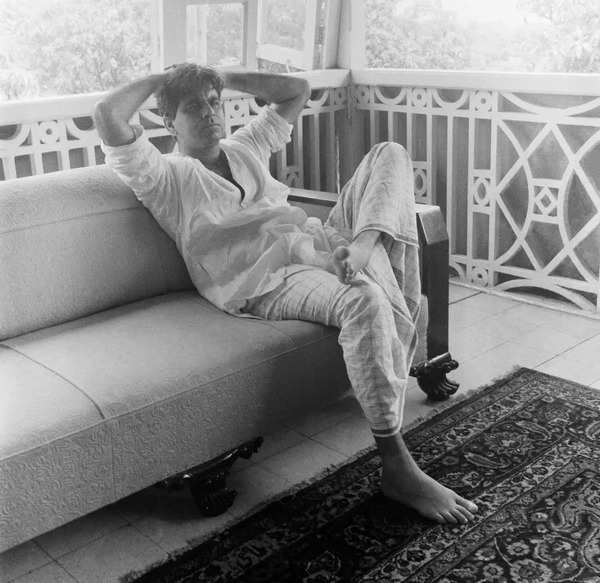rewrite this content and keep HTML tags
Thereafter, I wept when I saw him in Devdas. In the role of Devdas, the man who just can’t get over his childhood beloved, Paro, he echoed the angst of those times, the anguish of the human heart that tries every trick in the book to get over a woman and fails. His portrayal was brilliant.

Then I watched him in Ganga Jamuna. He gave me a taste of rural India, the simplicity of my countrymen, the men of the soil who live by those core values on which the nation even stands today, and who pay a heavy price for breaking the life-sustaining laws that keep societies together. When he’s shot by his brother, when he’s gone mad with rage and seeking revenge against those who have wronged him, Ganga is immortal in my heart. The way he says, “Hey Ram,” and dies still echoes in my heart, telling you that the man was indeed a living, breathing icon of the plural heritage of this country.
EXCLUSIVE | The Real Truth Behind Madhubala & Dilip Kumar’s Breakup | Madhur Bhushan Reveals!
Being a Muslim by faith, barring the role of Prince Salim, he never played the role of a Muslim on the Indian screen. Perhaps he did this because he wanted to identify with the majority and tell them that he was one of them. For this, he was criticized, demonized, and vilified, but he lived life on his own terms.
And then I met the man himself. One of the greatest gifts of success for me was meeting the great Dilip Kumar. I remember as a child when we used to go and see his Pali Hill bungalow, which was up there on the hill. It was like a shrine. Maybe we waited to catch a glimpse of his car, or of him emerging from the gates and driving away for work. I’ll never forget the look on his face. Even then, he looked devastatingly beautiful, though there was always that unquestionable grief that caused his being there.

I got to meet him, know him intimately, and had the privilege to interview him in the early 2000s at the Bradford Museum of Film and Television for the Lifetime Achievement Award. That is one of the highest points of my career. Interviewing Mr. Dilip Kumar in a house full of people—Pakistanis, Bangladeshis, Indians, Koreans, English people—all crazy fans of this man was one hell of an experience.
I remember what he said to me when I asked, “ Mr. Yusuf Khan, how has it been to play Dilip Kumar in this lifetime?” He paused. A long pause. That was a classical Dilip Kumar pause. Then he said, “It’s been fascinating, enchanting, excruciatingly demanding. But to be honest, sir,” he said to me then, when I look at that man on the screen up there,” and there was an image of him from Devdas on the backdrop of the stage, “I don’t know who that guy is. And I don’t know what you all,” turning to the audience, a house full of people, “see in me. I’m just a regular guy.”
The Dilip Saab story is one of an extraordinary man with the courage to publicly say that no matter what people thought of him, deep down he realized he was ordinary. And like anybody else, he shared the basic humanity with millions and millions of people.”
– By Mahesh Bhatt, as told to Bharti Dubey.

